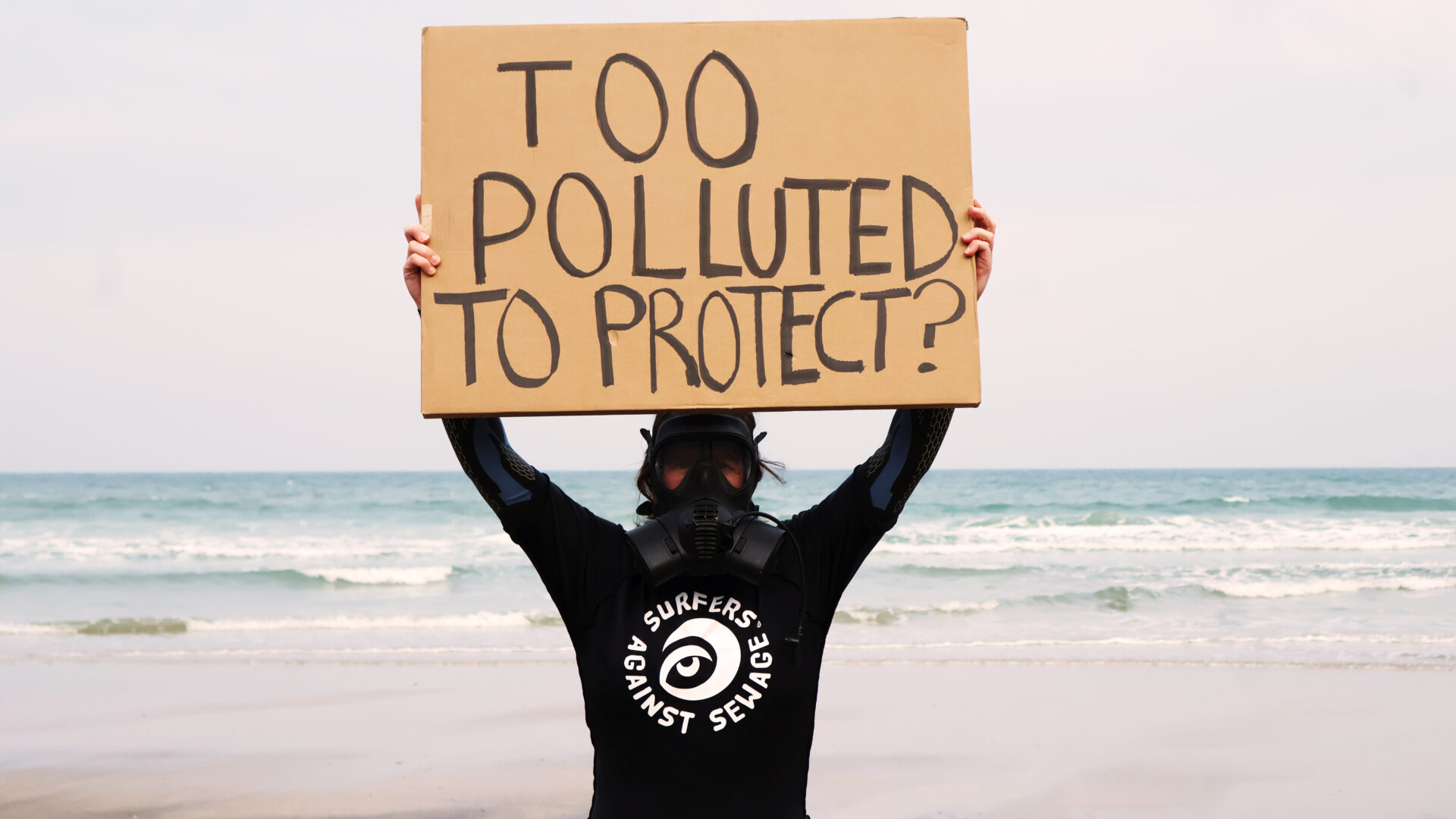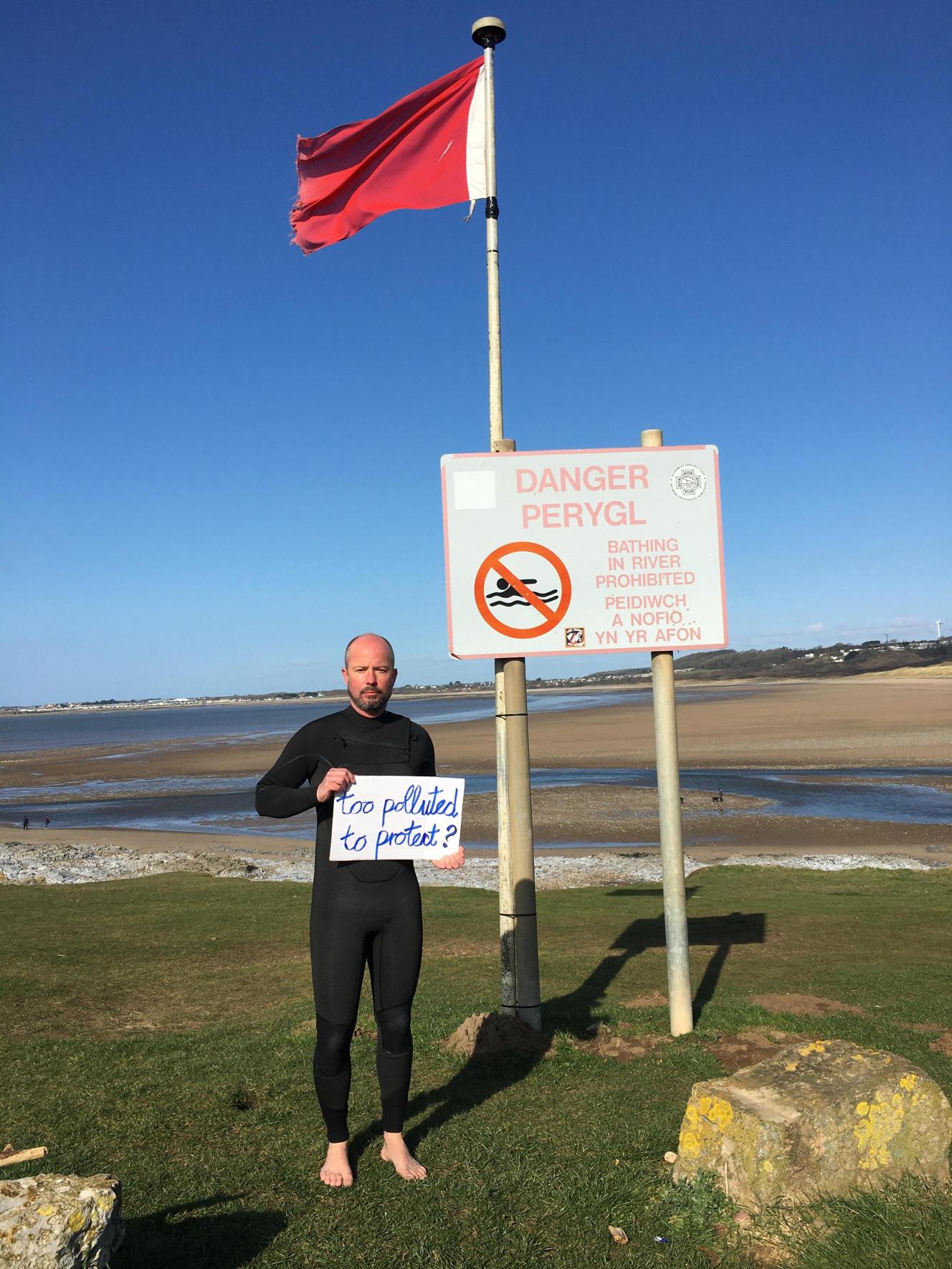
Government Reform Plans Could Leave Popular Swim Spots Unprotected
Surfers Against Sewage has taken the first formal step toward challenging proposed changes to water quality regulations that could have serious consequences for swimmers, paddlers, and other river and beach users across the UK.
We’ve sent a pre-action protocol letter to the Secretary of State for Environment, Food and Rural Affairs in response to proposed reforms that we believe would weaken protections for outdoor bathing waters – and risk leaving much-loved spots unmonitored, unprotected, and potentially unsafe.
What’s changing – and why it matters
The proposed reforms relate to the Bathing Water Regulations 2013, which define and manage official bathing waters in the UK. Once a site is designated under these regulations, it must be monitored regularly and maintained to meet minimum standards of water quality – protecting the health of the public and safeguarding the environment.
In November 2024, the government put forward plans to reform these regulations. Among the changes is a proposal to tighten the criteria used to designate new bathing sites, introducing a new “feasibility” assessment that considers how realistic and cost-effective it would be to improve a site’s water quality. According to the government, this is to help “avoid poor value for money.”
However, SAS believes this approach prioritises cost-cutting over public health and environmental protection. Our concern is that many popular bathing sites – including rivers, beaches, and lakes – could be excluded from official designation, even if they’re widely used, simply because they’re considered too costly or complex to clean up.
Why we’re challenging the reforms
In our pre-action protocol letter, we’ve laid out a number of serious concerns:
- Public health risks: Even if a site isn’t officially designated, people will likely continue to swim and paddle there. Without monitoring or improvement, these sites could become dangerously polluted, exposing people to harmful bacteria and pathogens.
- Lack of transparency: The proposed criteria for assessing the “feasibility” of water quality improvement are vague and poorly defined. There’s no clear explanation of how decisions will be made or what evidence will be used – leaving room for arbitrary or unfair outcomes.
- Ignoring stakeholder concerns: The government’s consultation response, published in March 2025, summarised stakeholder feedback as showing a “majority of support” for the reforms. But in our view, the response fails to properly reflect or address the concerns raised – including those from organisations like the Office for Environmental Protection (OEP) and Paddle UK.
The OEP itself has warned that any guidance on feasibility should be statutory and subject to public consultation, but so far, that hasn’t happened.
A weak consultation response
We’ve described the government’s consultation response as a “materially deficient document.” It does not provide a thorough or meaningful engagement with the many serious issues raised by stakeholders, including ourselves. Instead, it offers only a basic summary that glosses over the risks and implications of the proposed changes.
We’re calling on the Secretary of State to pause the reforms and respond properly to the concerns that have been put forward – ensuring that any decisions made are based on evidence, transparency, and public interest.
If this doesn’t happen, we are prepared to escalate our legal action by launching a judicial review challenge.
What happens next?
The sending of a pre-action protocol letter is a formal first step in legal proceedings. It sets out the legal and factual grounds for our concerns in the hope that a positive way forward can be reached without the need for a full court case.
We believe the government must go back to the drawing board, properly assess the implications of the proposed reforms, and ensure that public health and the environment are not sacrificed for short-term savings.
We will continue to fight for clean, safe, and accessible bathing waters for all – and we’ll keep our supporters updated every step of the way. Hit the button below to find out more about how we’re protecting wild waters – and how you can help.

Image: Local SAS team member and surfer Alun Moseley at Ogmore, South Wales
